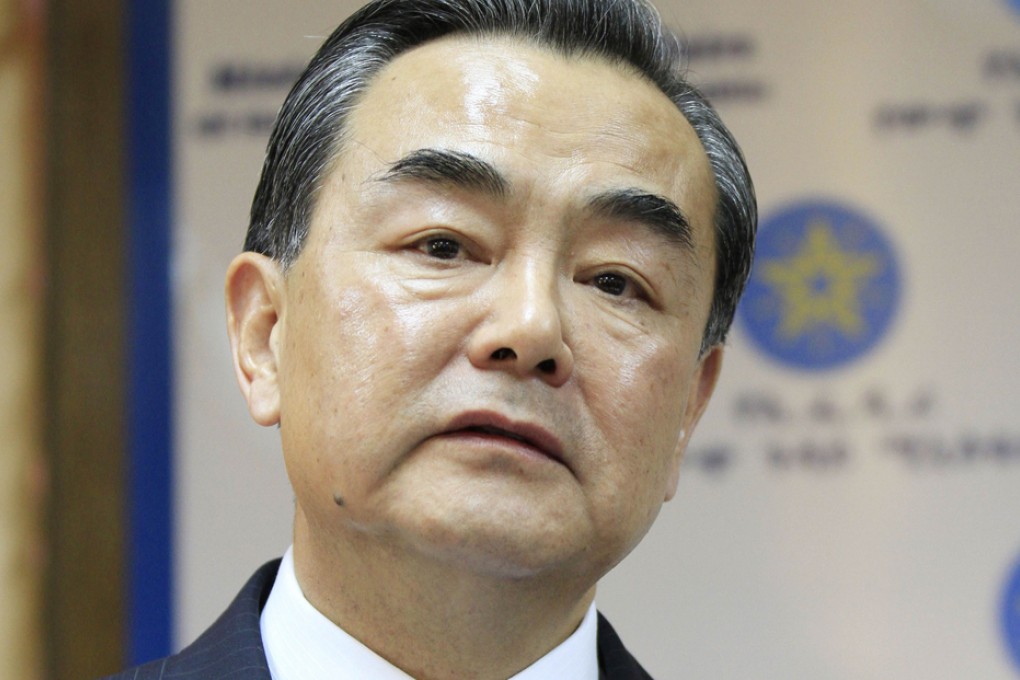Beijing eyes broader role in Middle East
Foreign Minister Wang Yi tells Al-Jazeera China aims to move beyond trade and energy and wade into region's political and security affairs

Beijing desires a greater "all-around" role in the Middle East, expanding its involvement beyond trade and energy to include political and security affairs, Foreign Minister Wang Yi said.
In the central leadership's clearest statement yet on its diplomatic goals for the region, Wang told Al-Jazeera television that Beijing's political standing in the region would only be enhanced by its involvement in the Israeli-Palestinian peace talks and other disputes.
"China's all-round role will gradually and more visibly be felt by Arab countries and get their understanding and support," Wang said. "China is always ready to have co-operation for the mutual benefit of all countries in this region, Arab countries in particular, not only in the economic field, but also in the political, security and military fields."
The interview with the Qatar-based network's Arabic-language channel aired in two parts on Sunday and last night, but the Ministry of Foreign Affairs did not release Chinese and English transcripts until yesterday.
Wang's promise of a broader Middle East policy follow visits to Algeria, Israel, Morocco, Palestine and Saudi Arabia last month. Beijing has stepped up diplomatic activities in the volatile but oil-rich region since Xi Jinping was installed as president in March.
Analysts said the foreign minister's remarks indicate the Middle East's growing importance to Beijing in light of its thirst for oil, increased concern about Islamist terrorism and plans to develop a so-called Silk Road economic belt across Asia.